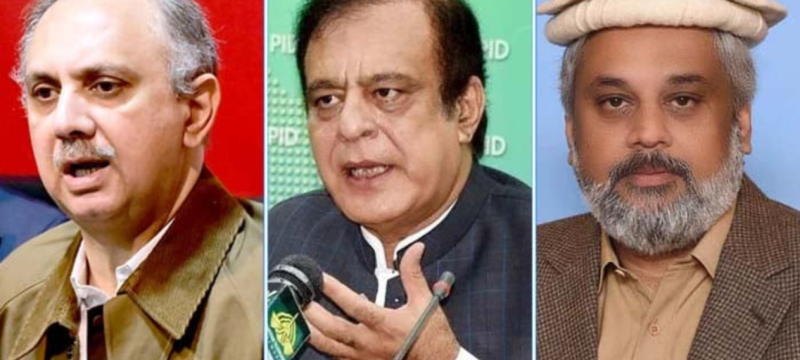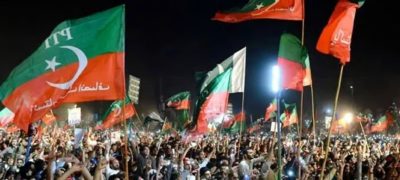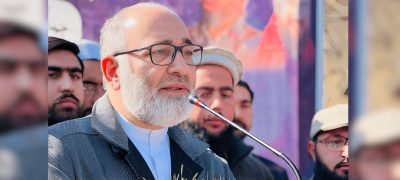The Election Commission of Pakistan (ECP) has officially disqualified several Pakistan Tehreek-e-Insaf (PTI) lawmakers, including Omar Ayub and Shibli Faraz, following their convictions related to the May 9 unrest. The decision has sparked significant political discussion across the country.
In its ruling, the ECP disqualified Omar Ayub, Shibli Faraz, and other PTI members, citing their involvement in the violent protests that took place on May 9. These protests followed the arrest of PTI Chairman Imran Khan, leading to widespread riots and attacks on military installations and government buildings. The ECP’s decision is based on these lawmakers’ convictions by the courts for their participation in the violent events.
Omar Ayub, a former federal minister, and Shibli Faraz, a senior PTI leader, were both convicted for their roles in the May 9 protests. This conviction has now led to their disqualification under the Constitution, which bars individuals convicted of certain offenses from holding public office.
The disqualification of Omar Ayub, Shibli Faraz, and other PTI MPs is seen as a significant blow to the party, which has already been struggling after the May 9 incidents. The ruling underscores the ECP’s commitment to ensuring that elected officials uphold the law and respect the Constitution.
This development comes at a critical time for PTI, as the party continues to face political and legal challenges. The disqualification of high-profile figures like Omar Ayub and Shibli Faraz has raised questions about the future of PTI in Pakistan’s political landscape. With other MPs facing similar charges, the party’s leadership is under intense scrutiny.
The ECP’s decision to disqualify Omar Ayub, Shibli Faraz, and other PTI MPs over May 9 convictions marks a significant moment in Pakistan’s political climate. It highlights the ongoing tensions between the PTI and the establishment, as well as the legal consequences for those involved in the May 9 protests.
Read Also : ECP Initiates Ballot Paper Delivery Process







